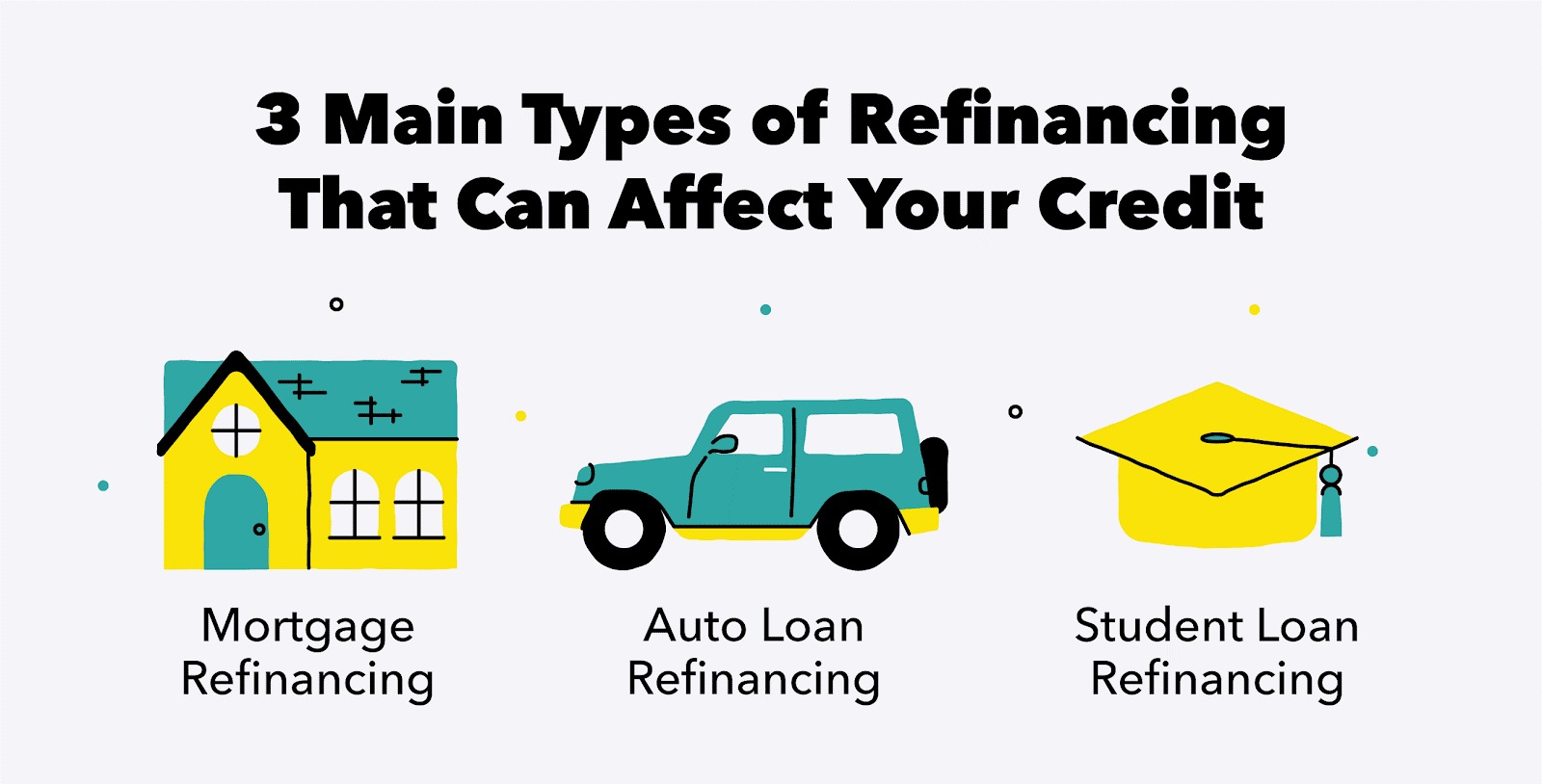

Finance
9 Misconceptions About Title Loans Debunked
Published: January 16, 2024
Don't let misinformation stand in the way of getting the financial help you need. In this article, we debunk nine common myths about title loans and reveal the truth behind them.
(Many of the links in this article redirect to a specific reviewed product. Your purchase of these products through affiliate links helps to generate commission for LiveWell, at no extra cost. Learn more)
While title loans are an ideal way to get instant cash, the misconceptions surrounding them can be misleading and confusing. These misconceptions stem from a lack of information and false information spread to keep borrowers from leveraging these loans. Researching before applying for a title can help you discover what’s true and what’s not. Outlined below are nine misconceptions about title loans debunked.
1. Title loans take a long time to be approved.
While it’s believed that title loans can take a long time to be approved, that isn’t the case. Unlike traditional personal loans, these loans come in handy when facing a financial emergency and need fast cash. Title loans, including instant approval title loans, have quick processing times. However, how fast you receive money in your account depends on how fast you meet the minimum requirements.
While obtaining a title loan doesn’t require good credit, some lenders may require you to demonstrate that you have an excellent repayment history. Examining and fixing your credit score before applying for a title loan can help ensure the loan is approved within a few hours. Since some qualification requirements vary from lender to lender, understanding and fulfilling them before applying for a title loan is vital to ensuring fast approval.
2. You cannot drive your car unless the title loan is fully repaid.
Most people believe they cannot drive their automobiles until they fully repay their title loans. Getting auto title loans doesn’t mean losing your car. Upon your loan’s approval, you get the funds and keep the car keys, meaning you still use the vehicle as you repay the loan.
You’re then expected to repay the loan within the agreed timelines, and once the debt is cleared, you get the car title back. However, failure to repay the loan according to the agreement you signed gives your lender the legal right to take possession of the automobile.
3. A title loan will affect your credit score.
Like all other loans, there’s this misconception that taking a title loan will impact your credit score and history. Acquiring a title loan doesn’t affect your credit score or history. Getting this type of loan means it’s secured because you use your car as collateral for the title loan, so this isn’t added to your credit score as debt.
Since title loans are no credit check loans, there won’t be hard inquiries on your credit report. If you don’t repay the title loan, your lender won’t have to sell the debt to any collection agency because they’ll repossess your vehicle and sell it. Once the debt is settled, the lender doesn’t report the default to a credit bureau.
4. You can’t get a title loan with a bad credit or without a credit history.
Most people believe you need strong credit or a good credit history to qualify for any loan, including title loans. However, unlike unsecured loans, which you might not be eligible for without a good credit score and history, title loans are secured loans that you can quickly be approved for because you use your car title as collateral to acquire the loan.
Since this reduces lending risk, your title loan lender cares more about your vehicle’s value, not the credit score. This means title loans are a perfect solution for car owners with poor credit or without a credit history.
5. You can’t qualify for a title loan unless the vehicle is fully paid off.
The misconception that you cannot qualify for a title loan until your automobile is completely paid off is common. However, if you owe money on your car, that doesn’t mean you’re automatically ineligible for a title loan. You can or cannot qualify for the loan because your eligibility depends on the equity you have in the vehicle and the auto loan repayments you’re yet to make.
6. Getting a title loan is difficult.
The most important thing you need to access a title loan is your vehicle’s title. Besides that, you require proof of income to demonstrate that you can repay the loan. You may have to meet other easy requirements based on the lender, simplifying the application process.
7. The title loan industry is unregulated.
Some people believe that the title loan industry isn’t sufficiently regulated. Nevertheless, this is untrue because there are particular laws surrounding auto title loans. According to the Federal Government, auto title loans are legal unless expressly banned by state regulations.
While this has been the only title loan-related guideline the Federal Government set, the federal government’s consumer custodian, CFPB (Consumer Financial Protection Bureau), is being tasked with regulating car title loans and payday loans to prevent repeat borrowing debt trap without stopping consumers’ access to fast lending.
Although some states have regulated title loans, others consider them predatory and don’t allow them. This means states that don’t support title loans don’t regulate them. The states that regulate title loans have caps on how long they can last and how much they should cost. Before applying for a title loan, familiarize yourself with the state regulations guiding them to determine if you, as a consumer, are protected or not.
8. Qualifying for a title loan requires you to be employed.
One doesn’t require proof of employment to become eligible for a title loan. When applying for the loan, the lender will require you to provide documentation that acts as proof of income, including recent:
- Pay stubs
- Tax returns
- Bank statements
This documentation enables the lender to determine if you have a reliable income source that can help with the loan repayment. This means you can still qualify for a title loan even if you’re unemployed but have a reliable source of income like:
- Retirement benefits
- Veteran’s benefits
- Disability benefits
- Rental income
Note that title loan providers look at repayment ability, not employment status when determining eligibility.
9. Title loans can’t fetch you enough cash.
Many people believe that they can only meet their costly financial needs using traditional bank loans, as title loans cannot get them as much money. Nonetheless, this is just a misconception because the title loan amount you get depends on the value of the asset you’re using as collateral.
For instance, if you’re getting a car title loan, the amount can range between 25% and 50% of your vehicle’s worth. The more your asset is worth, the more you can borrow. In addition, you can use more assets to secure multiple title loans where one isn’t enough.
Endnote
There’s a lot of misinformation around title loans. However, familiarizing yourself with these debunked title loan misconceptions can help you make wise financial decisions.














